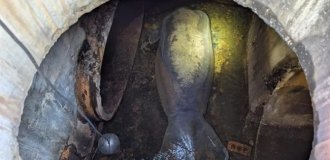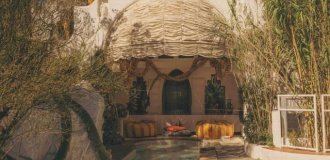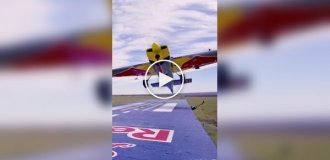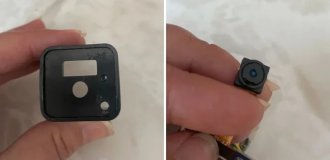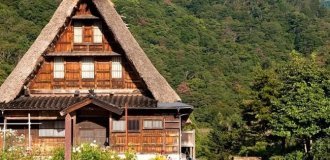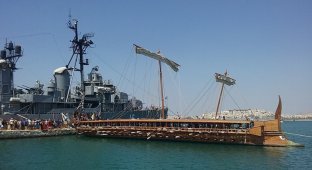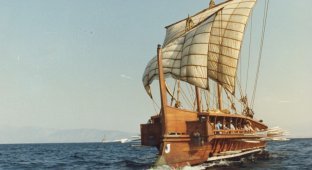Why ancient Greek sailors pulled their ships ashore every day (4 photos)
In the poem "Iliad" Homer indicates that in order to transfer his troops in Troy, the Greeks used 1186 ships. And when they arrived there, everyone ships were immediately pulled onto land - and so they always did. 
The trireme got its name from the location of the rowers: at three row on each side. Thirty oars, each with one rower, they arranged in three tiers. So on each ship there were up to 180 rowers.
With so many rowers, triremes could reach speeds of up to 7 knots (about 13 km/h). The main weapon was a ram - a bronze tool, located at the bow of the ship. Although a single ram blow rarely drowned enemy ships, so most often boarding followed the ram. 
Triremes were expensive to build and maintain. Athens, even at the height of their power, they could only build 20 ships a year.
The main material for triremes was coniferous wood: pine, fir and cypress. Therefore, the ships were light and maneuverable. But there were also features - high water absorption. And that means ships with the help of stocks had to be pulled out and placed in dry docks or on the shore.
They had to be pulled out onto land even on long expeditions. - they did it every day. If only because when the trireme saturated with water, then lost speed and maneuverability. 
The ancient Greek historian Thucydides wrote:
“Our fleet was initially in good condition: the ships were intact and moving fast, but now the frames of the ships, so long who were at sea, got wet, and every hour we lose more and more our speed."
But there was one more thing: for conifers, it is also dangerous and severe dryness. The wood shrinks and cracks may occur in the hull. gaps. To avoid this, the ships were launched, and a day later - pulled out and dried.
As the captain of the trireme recalled:
“We need to urgently go to battle, but we have some concerns about several of our ships because they have long stood idle and were probably already unseaworthy due to formed gaps in the body. 
The next task is to clear the body of shells and mollusks. AT warm Mediterranean waters on the bottom of the ship very quickly arose a whole layer of shells, and if it was not cleaned off, the ship would inevitably lose speed. In addition, there was also a teredo shipworm that could drill a hole in the bottom with a diameter of up to 5 centimeters. Of course, from him had to get rid of.
And finally, safety. Triremes were light and could not weather a severe storm. In order not to sink, they went along the coast and made daily stops. During them the sailors dried the ship, cleaned the hull of shells, and only then set up camp.


